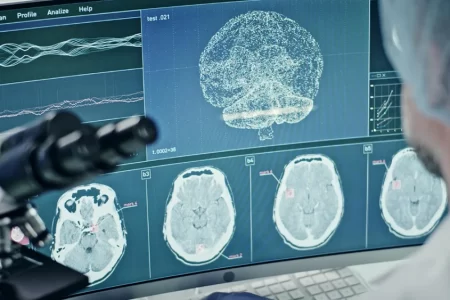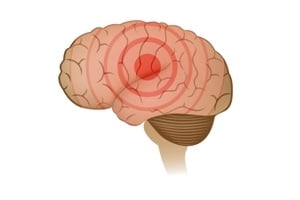Stillbirth & Miscarriages Risk With Epilepsy
- Updated on: Jun 24, 2024
- 3 min Read
By
- Published on Oct 3, 2019


A research has shown the evidence of amplified health risks experienced by pregnant women with epilepsy. The research examined obstetric consequences including maternal mortality, cesarean delivery, pre-eclampsia, premature labor and stillbirth in a study of pregnant women identified through various hospitalization databases. It was observed that women with epilepsy had a risk of death during childbirth. However, this data failed to give the exact cause of deaths during childbirth. Various pieces of evidence indicate that women with epilepsy were at greater risk due to adverse conditions, including premature labor, stillbirth, and pre-eclampsia.
The exact cause of stillbirth is not understood but it may occur due to difficulty with the placenta or a birth imperfection. They are also more likely to occur if women suffer from diabetes, high blood pressure, or an infection that affects the baby. When a baby is born dead after 24 weeks of pregnancy, it is referred to as a stillbirth. If a baby dies before 24 weeks of pregnancy, it is referred to as a miscarriage. Both stillbirth and miscarriage may occur if women have a pre-existing condition. Epilepsy is found to be one of them according to certain research studies
Research has shown that babies of women with epilepsy have a greater risk of abnormal development. Babies of mothers who have epilepsy may have several problems such as:
- incomplete development of spinal cord
- cleft lip
- heart abnormalities
- brain developmental problems
- premature birth or stillborn
Birth defects may be caused if certain types of AED (Antiepileptic Drugs) are taken during pregnancy.
It is important to follow the doctor’s instructions for taking such medicines. The risks of not taking the medicine are much higher for the mother and the baby. This may include:
- physical injury
- developmental delay
- death due to seizures
Inferences from the study
The study concluded, despite the definite cause, that those women recorded as having epilepsy have an increased risk of stillbirths and miscarriages. This remains a clinically important message signifying the increased attention for future researchers. Future research is needed to determine the specific causes of mortality and how interference might save lives.
Further research is now required to understand the mechanisms underlying these risks in order to develop specific ways of minimizing the problem and ensuring women with epilepsy are no longer subject to this danger and may prevent stillbirths and miscarriages.
Caring pregnant women suffering from epilepsy
Women with epilepsy are classified as high risk during pregnancy and the new guidelines are designed by health professionals (epilepsy specialist) to help the women receive the special care that they need during pregnancy. Women may be monitored to assess their epileptic conditions followed by an appropriate care plan for pregnancy.
A doctor may perform frequent blood tests to be sure that the women with epilepsy are getting enough anti-seizure medicines. The dose of medicines may be altered during pregnancy. The doctor may ask the patient to have an amniocentesis to determine the health of the unborn baby. It is advised that women with epilepsy should also receive extra care following the birth in order to minimize the risk of seizures, tiredness, sleep-deprivation, and stress. These preventive measures may significantly reduce the number of deaths due to miscarriages and stillbirth as a result of epilepsy.
Eating a healthy balanced diet, getting adequate sleep, and exercising on a regular basis are other things one can do to have a safe and sound pregnancy.











